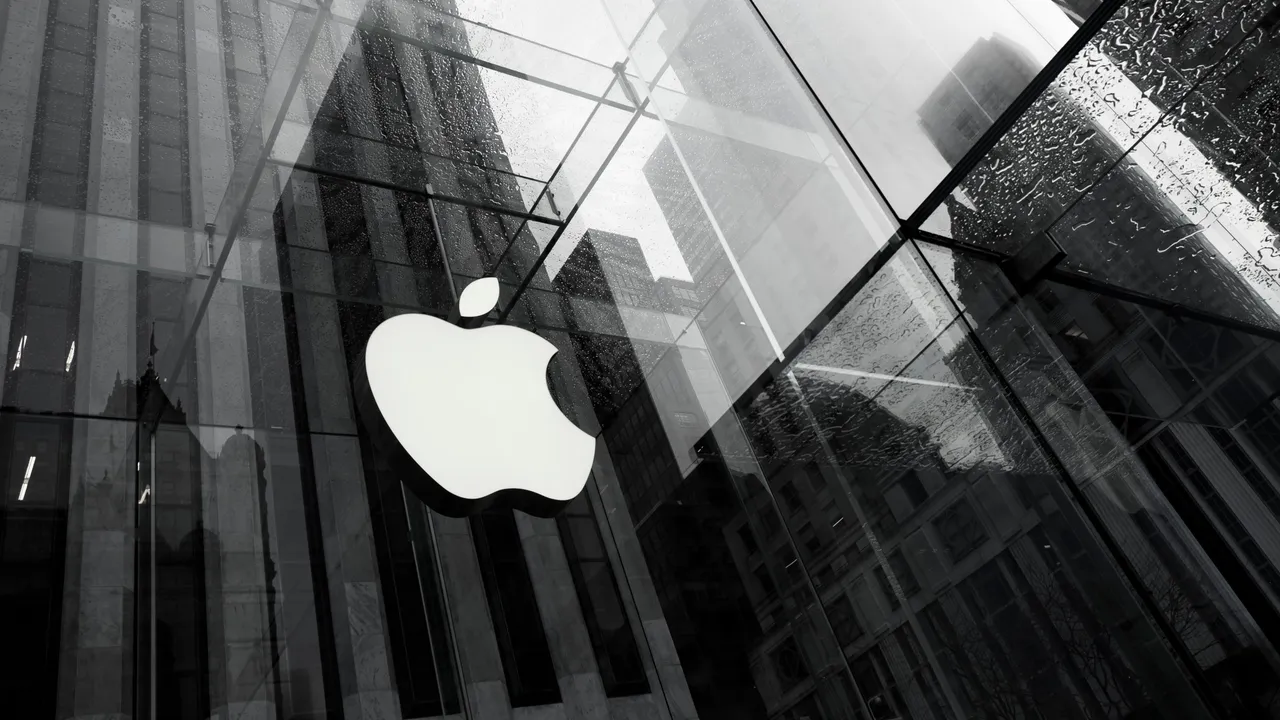In a significant reversal that underscores the growing global debate over encryption and user privacy, the United Kingdom has officially dropped its demand for Apple to create a “backdoor” into its encrypted cloud services. The move marks the end of a months-long standoff between Apple and British authorities, and signals a broader shift in how governments approach the balance between national security and digital rights.
The decision follows intense diplomatic engagement between the UK and the United States, with senior officials from both countries working to resolve the dispute. At the heart of the controversy was Apple’s Advanced Data Protection (ADP) feature, which offers end-to-end encryption for iCloud backups, photos, notes, and other sensitive user data—making it inaccessible even to Apple itself.
The Backdoor Battle: Origins and Fallout
The conflict began earlier this year when the UK government issued a confidential order under the Investigatory Powers Act of 2016, often referred to as the “Snoopers’ Charter.” The order required Apple to disable its ADP feature for UK users and provide technical capabilities that would allow authorities to access encrypted data stored in iCloud. Apple responded by suspending ADP in the UK and challenging the order through the country’s Investigatory Powers Tribunal.
The demand sparked immediate backlash from privacy advocates, cybersecurity experts, and U.S. lawmakers, who argued that creating a backdoor—even for law enforcement—would compromise the integrity of Apple’s security architecture and expose users to potential exploitation by malicious actors. Critics warned that any such vulnerability could be discovered and abused by hackers, authoritarian regimes, or even rogue insiders.
Apple maintained its long-standing position that weakening encryption for one government would inevitably weaken it for all users. The company emphasized that privacy and security are foundational to its products and that it would not compromise those principles under pressure.
Diplomatic Pressure and Strategic Retreat
The turning point came after sustained diplomatic engagement between Washington and London. U.S. Director of National Intelligence Tulsi Gabbard confirmed that the UK had agreed to withdraw its mandate following discussions with President Donald Trump and Vice President JD Vance. The talks reportedly focused on safeguarding the privacy rights of American citizens and preserving the integrity of bilateral data-sharing agreements.
The UK’s retreat was seen as a pragmatic move to avoid violating the CLOUD Act—a U.S. law that prohibits foreign governments from directly demanding access to American citizens’ data. The British order had raised concerns in Washington that it could undermine existing legal frameworks and set a dangerous precedent for cross-border surveillance.
While the UK government declined to comment on the specifics of the order, officials acknowledged the importance of maintaining trust and cooperation with the United States on matters of cybersecurity and intelligence. The decision to drop the demand was also viewed as part of a broader effort to smooth over trade tensions and finalize tariff relief negotiations.
Implications for Apple and the Tech Industry
Apple’s victory in this case is more than a corporate win—it’s a reaffirmation of the tech industry’s commitment to user privacy in the face of government overreach. The company’s refusal to compromise on encryption sends a strong message to other technology firms that protecting user data is not just a legal obligation but a moral imperative.
The outcome also reinforces the importance of transparency and public accountability in surveillance practices. The UK’s use of a “technical capability notice”—a legal instrument that prohibits companies from disclosing government demands—highlighted the opaque nature of such orders and the risks they pose to civil liberties.
Apple’s decision to publicly challenge the order and suspend ADP in the UK was unprecedented, especially for a company known for its cautious approach to regulatory disputes. By taking a stand, Apple not only protected its users but also set a new benchmark for corporate resistance to intrusive surveillance.
The Broader Debate: Security vs. Privacy
The UK’s reversal reignites the global debate over encryption and the role of technology companies in law enforcement. Governments argue that access to encrypted data is essential for investigating serious crimes such as terrorism, child exploitation, and organized crime. Tech companies, on the other hand, contend that any backdoor—no matter how well-intentioned—undermines the very security it seeks to protect.
End-to-end encryption scrambles data so that only the sender and recipient can access it. Even the service provider cannot decrypt the information. While this protects users from data breaches and unauthorized access, it also limits the ability of law enforcement to retrieve evidence in criminal cases.
The challenge lies in finding a solution that respects both privacy and public safety. Some experts advocate for “lawful access” mechanisms that allow data retrieval under strict judicial oversight. Others warn that such systems are inherently vulnerable and should be avoided altogether.
What Comes Next?
With the UK backing down, attention now turns to whether Apple will reinstate ADP for UK users. The company has not yet made a formal announcement, but the removal of the backdoor mandate clears the path for restoring full encryption capabilities. Users in the UK who previously lost access to ADP may soon regain the ability to secure their cloud data with the same protections available elsewhere.
The episode also serves as a cautionary tale for other governments considering similar demands. It underscores the importance of international cooperation, legal consistency, and respect for digital sovereignty. As technology continues to evolve, so too must the frameworks that govern its use.
For Apple, the outcome reinforces its brand identity as a privacy-first company. For users, it’s a reminder that their data is worth defending. And for policymakers, it’s a signal that the era of unchecked surveillance is facing growing resistance—from both the public and the private sector.
Conclusion
The UK’s decision to scrap its demand for a backdoor into Apple’s encrypted services marks a pivotal moment in the ongoing struggle between privacy and surveillance. It reflects the power of diplomacy, the resilience of corporate ethics, and the enduring value of user trust.
As digital privacy becomes an increasingly contested space, this case sets a precedent for how governments and tech companies can—and should—navigate the complex terrain of encryption, security, and civil liberties. The message is clear: privacy is not a privilege—it’s a right worth protecting.



